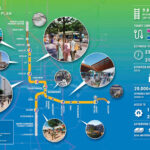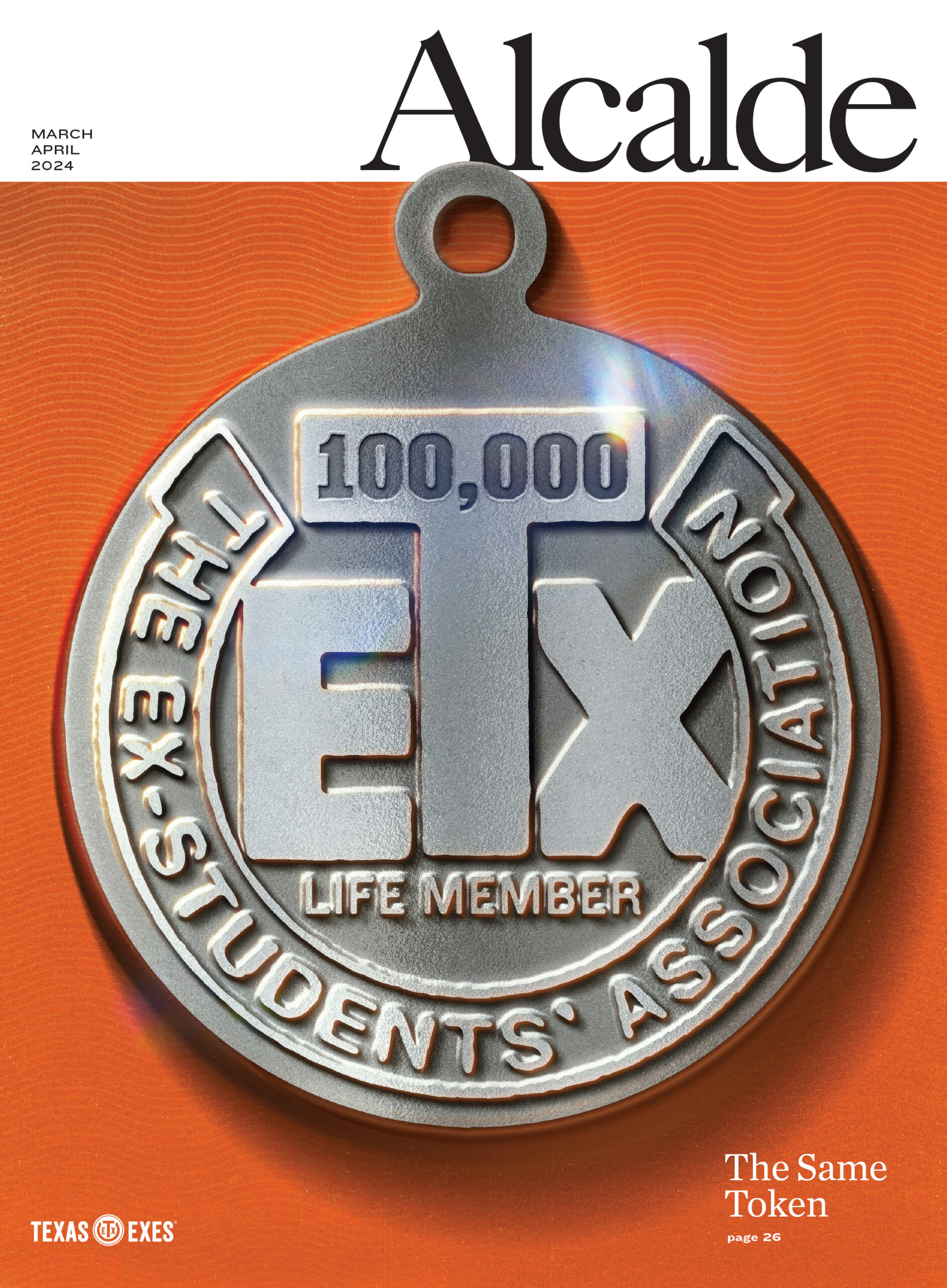Q&A With Tracy LaQuey Parker, Newest Member of the Internet Hall of Fame

 As an early adopter and advocate of the internet, Tracy LaQuey Parker, BA ’86, Life Member, authored two best-selling guides to the web as it was just getting off the ground. The Internet Companion (1992) and The User’s Directory of Computer Networks (1988) are comprehensive, plainspoken, and groundbreaking how-to guides. Having previously worked at the UT System and Cisco Systems, she now works at Parker Solutions Group, serves on several boards, and is involved in various community initiatives.
As an early adopter and advocate of the internet, Tracy LaQuey Parker, BA ’86, Life Member, authored two best-selling guides to the web as it was just getting off the ground. The Internet Companion (1992) and The User’s Directory of Computer Networks (1988) are comprehensive, plainspoken, and groundbreaking how-to guides. Having previously worked at the UT System and Cisco Systems, she now works at Parker Solutions Group, serves on several boards, and is involved in various community initiatives.
In recognition of her pioneering work, Parker was recently inducted into the Internet Society’s 2017 Internet Hall of Fame as a member of its fourth class. The award recognizes those who have pioneered the way for the internet’s growth. The Alcalde spoke with Parker about the history of the internet, her role in shaping the public’s understanding of it, and its future.
How did you become involved with the Internet Society?
The Internet Society has been around for 25 years and is comprised of people that have been there since the beginning. I joined as a pioneer member, knowing that the internet was going to be huge and that the Internet Society was going to be important. To be inducted from people that basically invented the internet is just a huge honor.
What was it like being a computer science student in the early days of the internet?
At the beginning, when I was a student at UT, we had access to mainframe computers. There was email, and you could send mail between other people on the computer. That was it, and it was fun. As it expanded, you could email anyone. The idea that you could get online and communicate with people all over the world for free was pretty great.
The minute I saw the internet, I thought, “This is where everything is going. This is going to have a profound effect on the world.” At the time, the world was really into proprietary networking, where people had corporate networks and you couldn’t communicate outside them. I saw how the internet worked—it’s this nonproprietary, interoperable way of connecting computers—and to me that just resonated.
How did you conquer the internet in its startup years?
It was complicated and you had to be really motivated to use it. The underlying technology made sense but the usability was not so clear. Up until then, there hadn’t been user-friendly introductions to the internet, so I tried to put myself in the shoes of a novice. It was a challenge because the internet hadn’t been set up to be user-friendly.
There was some hostility, and some of my colleagues said, “This is our environment, why are you making this easy to understand!” Others said, “This is working really well for us, why would we want to open it up to everyone?” There were concerns that opening the internet would mean opening the floodgates for commercial purposes.
There are some big concerns surrounding technology and education, namely, that STEM fields are understaffed and under-taught. What are your thoughts on this?
When I think about security and the internet, I think about the need for an educated workforce. We need people who can code and understand these things, but we also need teachers who can teach it. UT wasn’t only involved in the early stages of the internet, we were also involved in training a workforce of teachers to address the shortage.
UTeach is a math and science teacher preparation program founded here. I came onboard in 2006, founded an institute to replicate it, and now it’s in 46 universities. The UT saying “what starts here changes the world” really is true! The shortage of math and science teachers is a real issue, but we’ve been able to move the needle on it. I’ve been very proud to be a part of that.
How has UT’s involvement in these areas affected you along your career path?
I bleed burnt orange and I appreciate UT’s commitment. They have one of the best computer science programs in the country, so being a graduate of that has been very beneficial. I also appreciate UT because I’ve come back to work here twice. Just working here exposes you to so much. A lot of the cutting-edge technology is happening here. From this perspective, studying and working here has been incredibly valuable.
What has it been like to watch the internet grow? Where do you see it going?
When I graduated, I had no idea we’d be where we are now. To witness the ease of use now is remarkable. There’s been a transformation and we’ve come so far. Before, you had to be really motivated and committed to learning a lot to use the internet. Now it’s just like people’s right arm. My phone is my right arm now. If I don’t have it, I get anxious, and that’s a problem. My brain is kind of hardwired around having it all the time and that’s a concern to me.
Where’s the limit? I don’t know. I can only speak from the past, and it’s so hard to predict the future. Just when you form an idea and make a statement, something new comes up. With the internet, there will always be innovation, newness, and surprise.

















No comments
Be the first one to leave a comment.